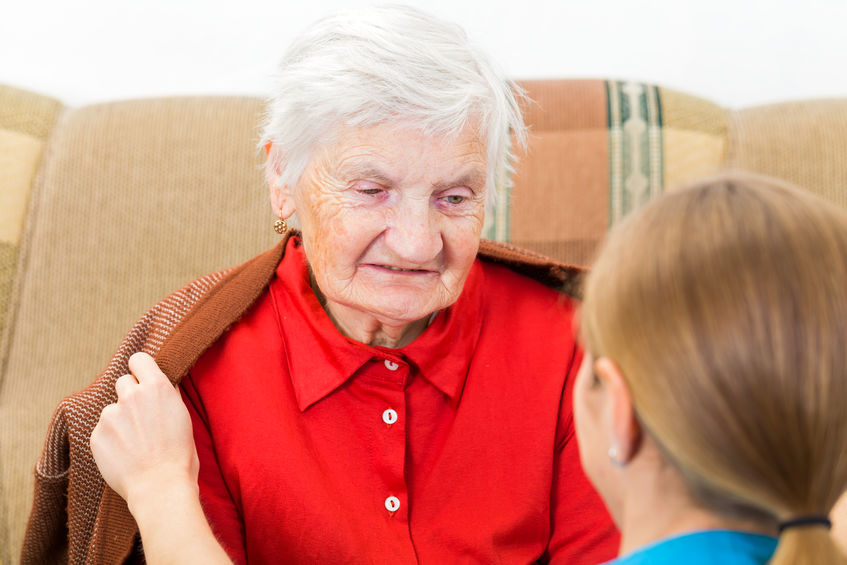Autumn is winding down and winter is just around the corner. It’s a perfect time to talk with the older adults in your life about staying safe and healthy during the cold winter season. Or, if you’re a senior, here are some helpful tips that might just save your life, or the life of a loved one.
Set your thermostat
The National Institute on Aging tells the story of Bob, who thought he’d save some money on his heating bill and turned his thermostat down to 62 degrees. When Bob’s son happened to stop by the house, he noticed Bob was having difficulty speaking, was shivering, and struggled walking. Turns out Bob had hypothermia. Fortunately, Bob’s son got there in time, called 911, and Bob received the medical care he needed. [1]
The NIH suggests you set your thermostat between 68-70 degrees during the cold winter months.
Saving a few dollars in heat may cost you much more if you’re not careful.
Close off rooms and vents
Close off rooms or areas in your house that you rarely use. For example, if you have a basement you rarely use, close it off and close the vents to that area. Heat only as much of your house as you really need.
Dress warmly
Even if you’re not going outside, add a sweater or jacket to stay warm. [2] Older adults can “lose body heat fast—faster than when they were young. Changes in your body that come with aging can make it harder for you to be aware of getting cold.”
Before bed, add an extra blanket to keep you warm. Try long underwear, and maybe a hat to prevent heat loss.
Keep the cold out
If you have a drafty door or window, add extra weather stripping. You can always roll up a towel to keep cold air from sneaking under a door. And keep your drapes closed to help keep heat in. You know your house best, so you know where you might have problem areas where the cold gets in. If you need help, be sure to ask a family member or neighbor.
Beware of space heaters
Space heaters can help keep a room warm, but they can also be a fire or carbon monoxide hazard. If you use a space heater, be sure to use it safely. Know the dangers and warning signs to ensure you and your home are safe. [3]
Establish a check-in schedule
Talk with your family, friends, and neighbors about checking in on you periodically to ensure you’re safe and sound. In the example above, Bob may have experienced severe health consequences or death had his son not checked in on him. It doesn’t have to be fancy, but a schedule will ensure those you love are checking on those they love.
Resources:
- https://www.nia.nih.gov/health/cold-weather-safety-older-adults
- https://www.care.com/c/stories/5447/winter-safety-tips-for-seniors/
- http://www.healthinaging.org/resources/resource:winter-safety-tips-for-older-adults/

